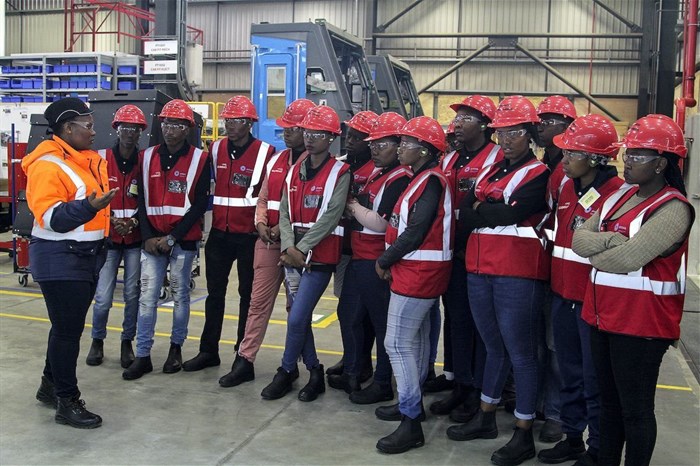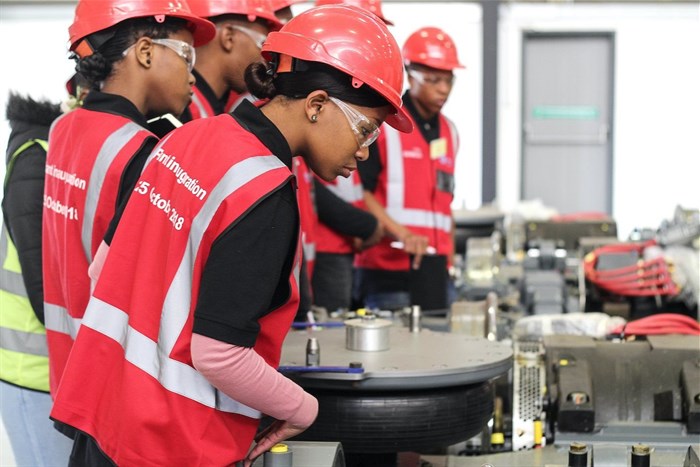
Top stories






More news

Marketing & Media
Warner Bros. was “nice to have” but not at any price, says Netflix

Logistics & Transport
Maersk reroutes sailings around Africa amid Red Sea constraints

















Some of Gibela’s approximately 1,100 employees have come through the programme, started in 2016. The company has produced 64 of the 600 train sets for which it has a 10-year R51-billion contract with the South African government to produce passenger trains for the Passenger Rail Agency of South Africa (Prasa).
“The school-level maths and science programme has been a very positive experience for Gibela,” says Dr Mncono-Liwani. “Not only do we grow our own skills, but it’s wonderful to look at the great contribution we are making to South Africa’s economy through it.”
Adding robotics is the obvious next step for the seven high schools that are part of the programme, all in disadvantaged communities near Gibela’s manufacturing plant in Nigel, in the Ekurhuleni metropolitan area, says Dr Mncono-Liwani.
“South Africa is experiencing the fourth industrial revolution, but to participate more meaningfully in an economy that runs primarily on technology, and to continue to take part, we need to produce more learners who are adept at maths and science and who can problem-solve. Robotics is very much part of that,” she says.

Since its 2016 inception, the school-level programme has operated in Grades 10 to 12, and by March 2020 had benefited more than 3,460 learners and teachers. The approximately R30-million Gibela has spent has reaped rewards – teachers’ competency levels increased by 62% by March 2020, the Physical Science pass rate improved by 25% by that date, and the Maths pass rate by 65%, while the pass rate for English increased to 100%. (The programme includes instruction in English, as this is most often the language of teaching and learning.)
Mncono-Liwani says the school-level programme so impressed educators in the Ekurhuleni area that in 2019 it was extended to local Technical and Vocational Education and Training (TVET) colleges. Each year Gibela takes on about 65 apprentices and about 30 interns, many of whom have been educated at these colleges.